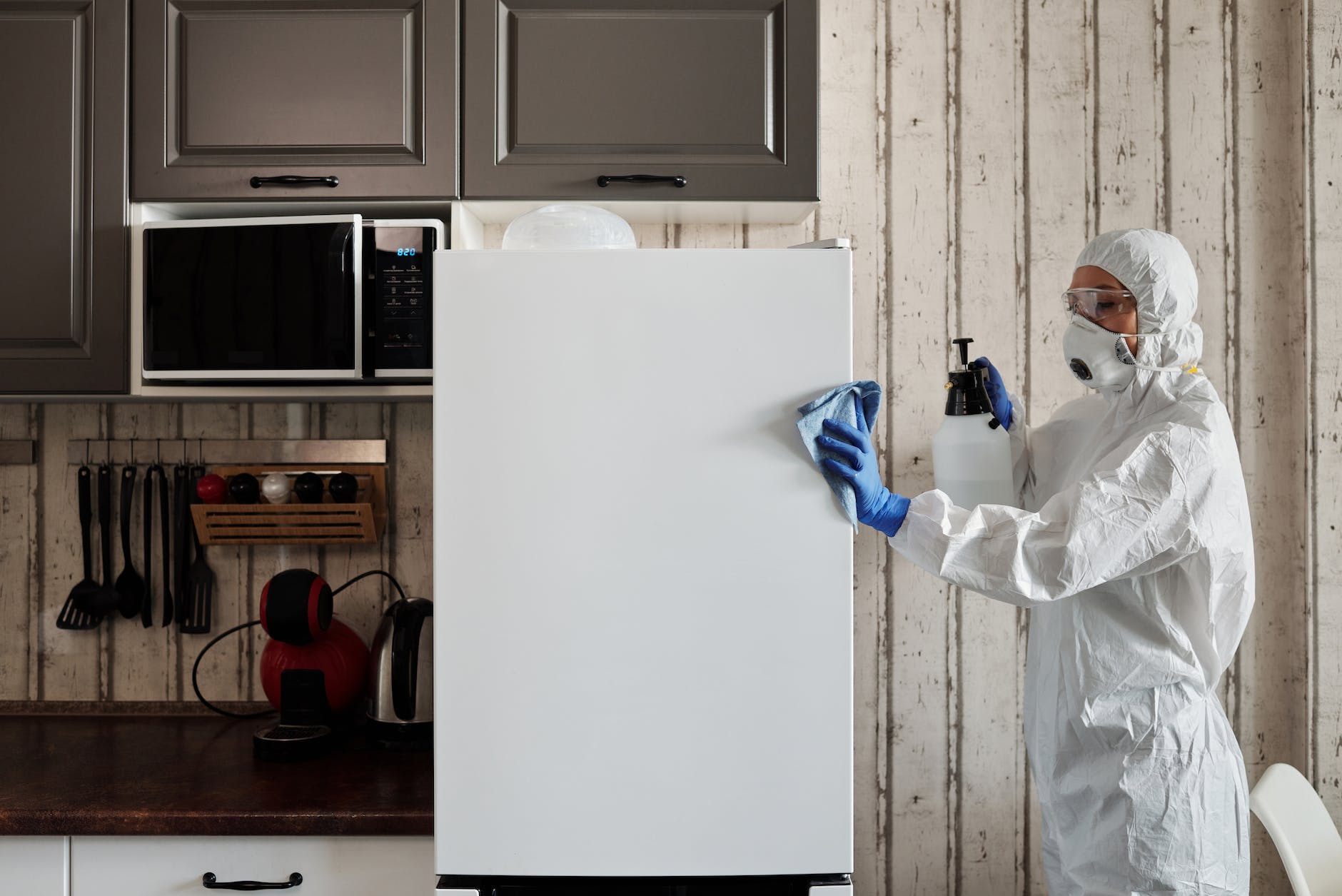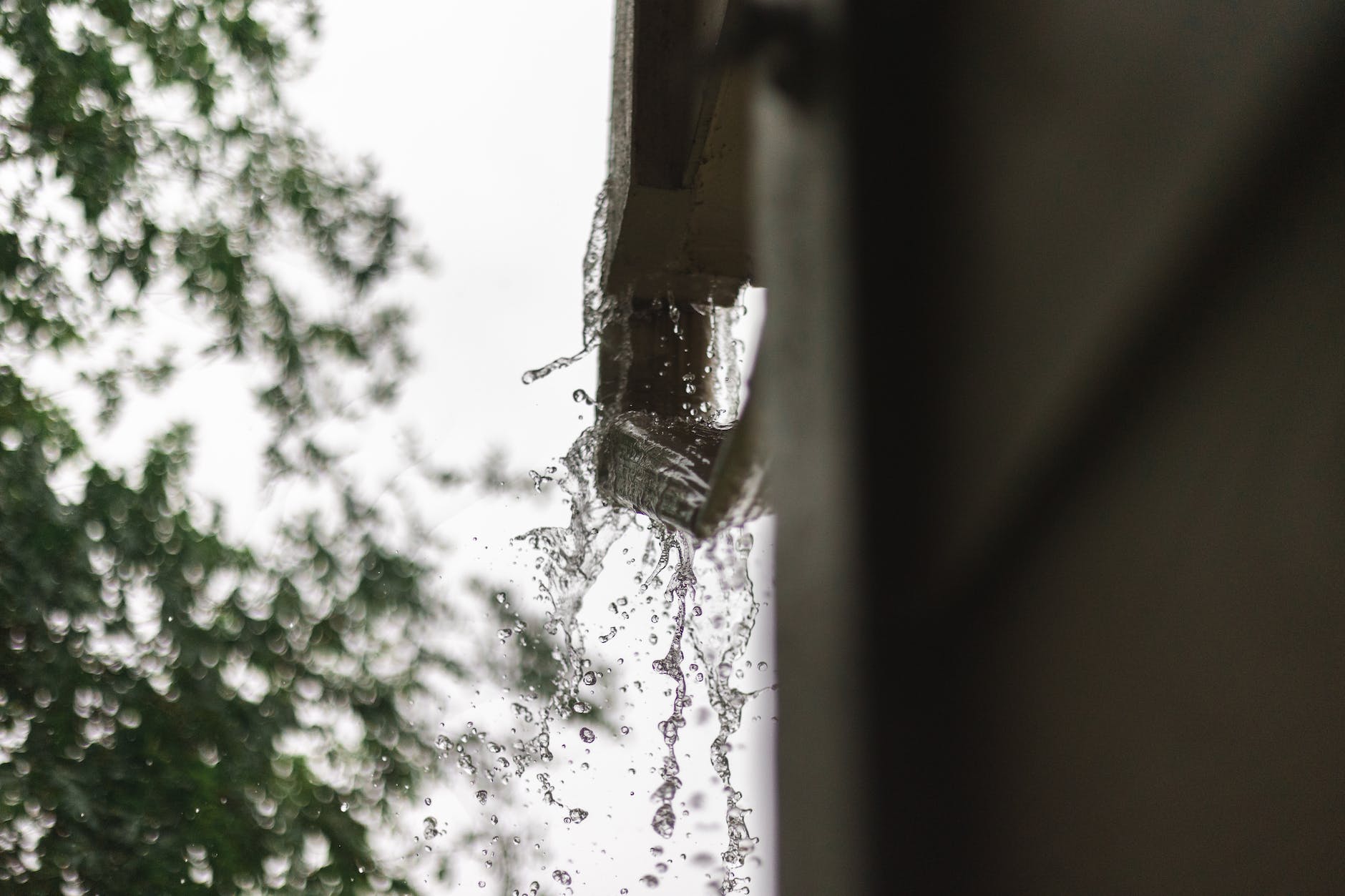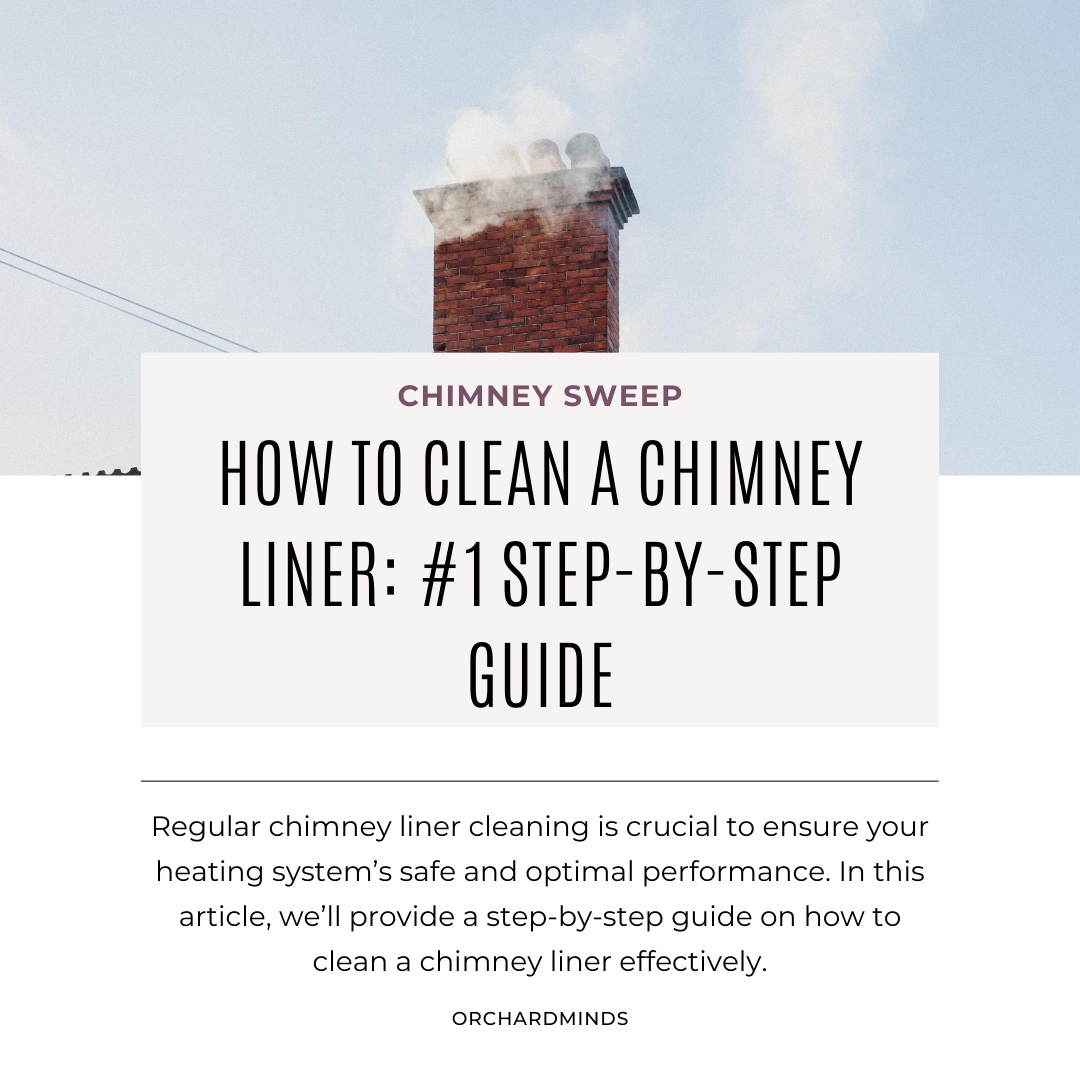How long does a chimney liner last ? The lifespan of a chimney liner depends on various factors, including the type of liner material, the frequency of use, and the type of fuel burned. Generally, a well-maintained stainless steel chimney liner lasts 15 to 20 years. However, factors such as corrosive flue gases, heavy usage, or burning certain fuels may accelerate wear and necessitate earlier replacement. Clay tile liners, if properly installed and maintained, can last for several decades. Regular chimney inspections are essential to assess the liner’s condition, identify any signs of deterioration, and determine when replacement might be necessary to ensure the continued safety and efficiency of the chimney system.
The lifespan of a chimney liner
The lifespan of a chimney liner can vary depending on factors such as the type of liner, the materials used, and the frequency of use. Generally, stainless steel chimney liners, commonly used for relining existing chimneys, can last several decades if properly installed and maintained. Clay tile liners, often found in masonry chimneys, have a long lifespan but may deteriorate over time due to exposure to extreme temperature changes. Regular inspections and maintenance, including addressing any signs of corrosion or damage, are essential for maximizing the lifespan of a chimney liner. Factors such as the type of fuel burned, the efficiency of the heating appliance, and the conditions inside the chimney can also impact the liner’s longevity.
Different types of chimney liner
Chimney liners are essential for a fireplace or heating system, providing a protective barrier between the combustion gases and the chimney walls. Different types of chimney liners serve specific purposes based on factors such as the type of fuel used, the construction of the chimney, and the desired performance.
Stainless steel liners are popular for their durability and resistance to corrosion, making them suitable for various fuels, including wood, gas, and oil. Aluminum liners are lightweight and cost-effective, often used for gas appliances. Clay tile liners are traditionally found in masonry chimneys, providing insulation and durability. Cast-in-place liners pour a cement-like mixture into the chimney, creating a seamless and durable liner. Selecting the appropriate chimney liner is crucial for maintaining safety and efficiency in the operation of your heating system.
Importance of a chimney liner
The chimney liner plays a crucial role in maintaining the safety and efficiency of a chimney system. Serving as a protective barrier between the combustion gases and the chimney walls, a chimney liner helps prevent the deterioration of the chimney structure. It also safely contains and directs the byproducts of combustion, such as creosote and carbon monoxide, out of the home. A properly installed and well-maintained chimney liner enhances the overall performance of the heating appliance, reduces the risk of chimney fires, and ensures compliance with safety standards. Regular inspections of the chimney liner are essential to identify any signs of damage or wear, allowing for timely repairs and preserving the integrity of the entire chimney system.
How long does a clay chimney liner last
When properly installed and maintained, a clay chimney liner can have a lifespan of 50 to 100 years. The longevity of a clay liner depends on various factors, including the type of clay used, the quality of installation, and the frequency of exposure to extreme temperature changes. Over time, factors like thermal stress, moisture, and the corrosive byproducts of combustion can contribute to wear and deterioration. Regular chimney inspections are essential to assess the condition of the clay liner, addressing any signs of damage or deterioration promptly. Timely maintenance, such as cleaning and repairing cracks, can significantly extend the lifespan of a clay chimney liner and ensure the safe and efficient operation of the chimney system.
How long does a stainless steel chimney liner last
The lifespan of a stainless steel chimney liner can vary based on factors such as usage, the type of fuel burned, and maintenance practices. Generally, a well-maintained stainless steel chimney liner can last for several decades. High-quality stainless steel liners are durable and corrosion-resistant, providing reliable protection for your chimney. However, exposure to corrosive substances, extreme temperature fluctuations, or improper installation can impact the liner’s longevity. Regular chimney inspections and maintenance, along with following manufacturer guidelines, are essential for maximizing the lifespan of a stainless steel chimney liner. With proper care, these liners can offer a durable and long-lasting solution for venting your fireplace or heating appliance.
How to replace your chimney liner
Replacing a chimney liner is a task that should be approached with care and, in many cases, is best handled by professionals. To replace your chimney liner:
- Start by thoroughly cleaning the chimney and removing the old liner.
- Measure the dimensions of the chimney accurately to ensure the new liner will fit properly.
- Choose a suitable replacement liner material, such as stainless steel, which is durable and corrosion-resistant.
- Install the new liner carefully, ensuring it runs the entire chimney length and is securely connected to the flue collar and termination point.
- Seal any joints or connections to prevent leaks and ensure proper ventilation.
It’s advisable to consult with a certified chimney professional or contractor to assess your chimney’s specific requirements and safety considerations before attempting a liner replacement.





